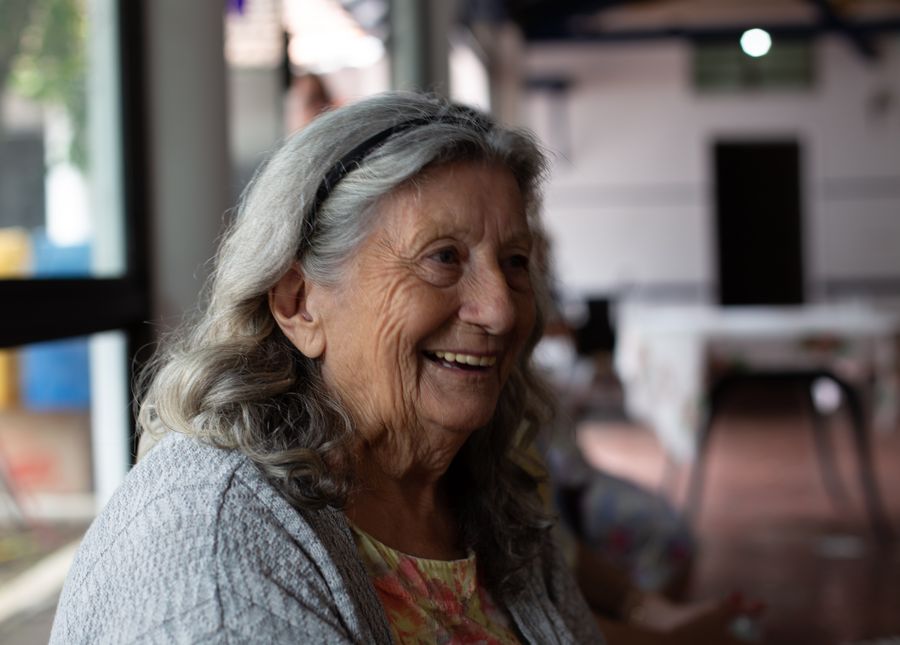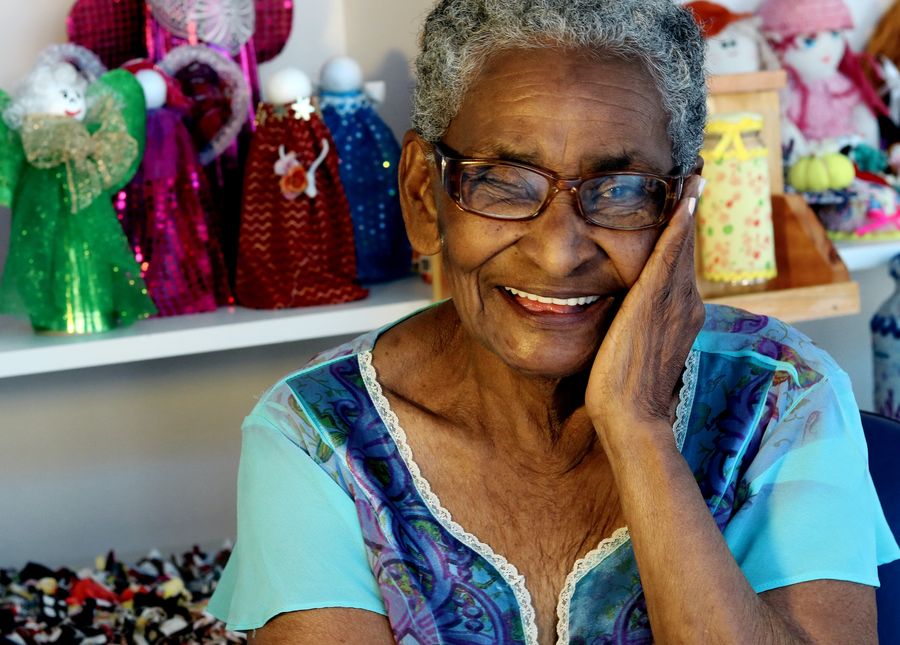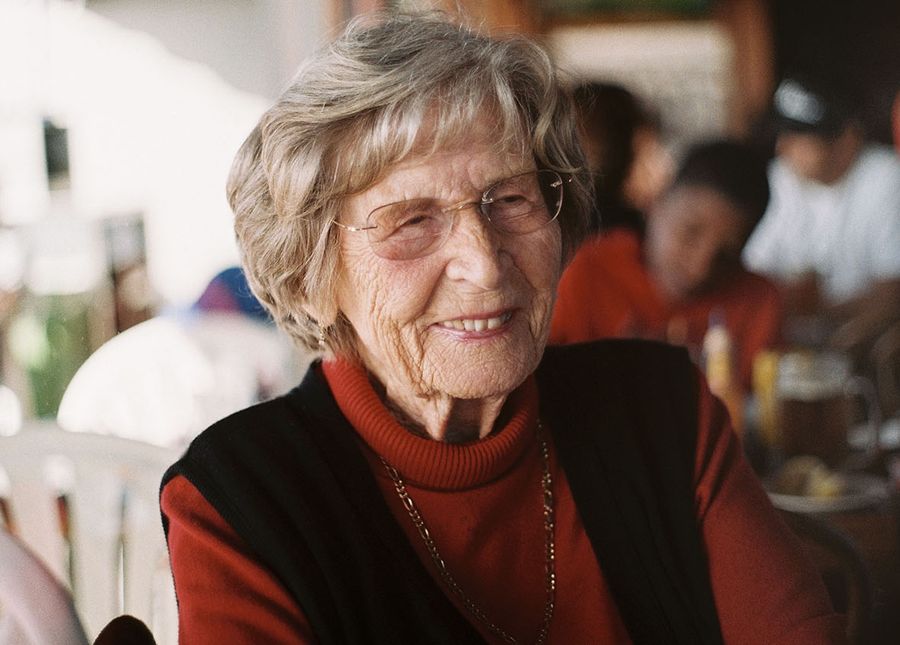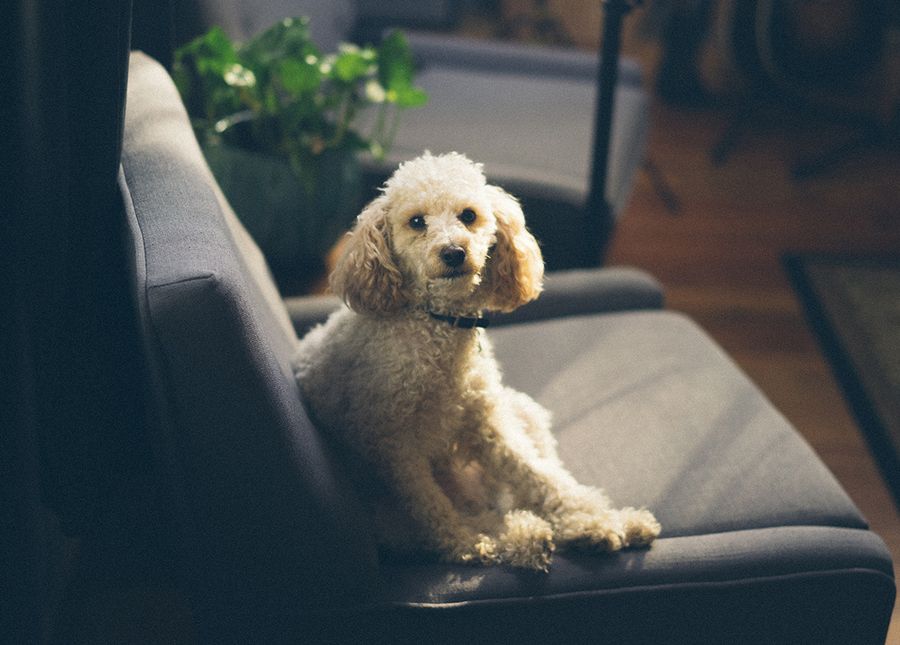Innovations are always happening in the aged care space, which at DailyCare we love to highlight. There is a new product now available in Australia which is changing how elderly and ill people are monitored, with a greater emphasis on patient privacy.
In 2017 Dmitry Shibanov, Lifeview’s Executive Manager of Innovation and Development, travelled around Europe and Israel in search of new technology to bring back to Australia and New Zealand.
“We are looking for technology to assist us in providing the best possible care, taking into consideration the privacy and dignity of the residents,” says Dmitry. “We were trying to find something that could allow us to monitor residents without being intrusive in their personal lives.”
The ECHO system ticked these boxes, so Lifeview partnered with EchoCare Technologies to bring this new technology back home.
Unlike traditional surveillance systems that rely on cameras, ECHO instead works with a low frequency radio radar system. It measures the location, motion, respiration and posture of the person it is monitoring.
A single device is installed in the ceiling and can cover up to 600 square feet, designed to work in a small apartment or across a large room. This means the system can be more discreet and have less of a direct impact on the lives of residents than cameras installed inside the room, which Dmitry says is crucial. As the device isn’t wearable either, residents have greater freedom to continue their lives as normal.
“Some people might feel otherwise feel suspicious, like ‘Big Brother is watching me’, and ‘I want to keep my life private’,” says Dmitry, about why a shift away from surveillance cameras was wanted. “This device can actually sit inside of the roof space if need be because it can penetrate the walls.”

“The device can build a 3D picture of the environment and even pick up the breathing patterns of people on the room, differentiating between different people based on their breathing pattern,” explains Dmitry. “It's like with fingerprints; everyone has their own breathing pattern.”
“It can learn the residents in 48 hours – their moving patterns, the activities in the room,” he says. “By machine learning it's able to determine if there are any out of the ordinary patterns happening. For instance if my gait is wobbly today, it will alert the staff to come and check so it can prevent a fall. If I stay in bed all day or if I'm going to the toilet more than usual in the night the device can tell that something is wrong.”
The need for monitoring of elderly people who require assistance makes systems such as this one crucial in saving lives and preventing accidents. “The ECHO device is used in Japan, where it is estimated that 18,000 die in a bath every year,” says Dmitry. “This device can detect if you're above the water or below the water, so it can alert someone immediately.”
Its ability to detect unusual or laboured patterns of breathing has been especially useful given the COVID-19 pandemic.
“In Israel now it is being used in hospitals in COVID-19 wards to monitor patients’ breathing without exposing staff unnecessarily,” says Dmitry. “The device can also pick up someone’s heartbeat as well.”
The device has been installed in Lifeview facilities and it can also be purchased or rented (financed by a home care package) by individuals either living at home or in retirement villages.
To find out more about Echo, about buying or renting the unit please call Lifeview on 0433 769 090 or head to their website.




